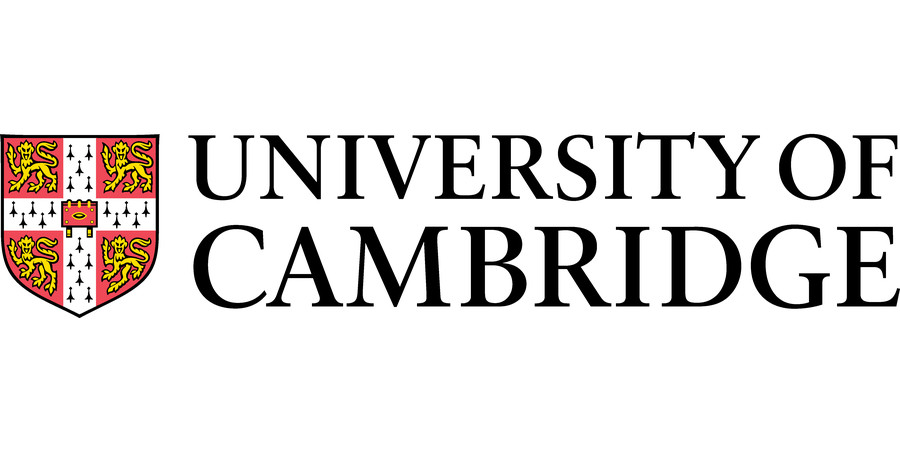Research Laboratory Technician (Fixed Term)
University of Cambridge - Department of Chemical Engineering and Biotechnology
| Location: | Cambridge |
|---|---|
| Salary: | £30,805 to £35,116 |
| Hours: | Full Time |
| Contract Type: | Permanent |
| Placed On: | 9th July 2025 |
|---|---|
| Closes: | 29th July 2025 |
| Job Ref: | NQ46559 |
An opportunity is available to join the BioElectronic Systems Technology group, led by Professor Róisín Owens at the University of Cambridge, Department of Chemical Engineering and Biotechnology, on a new project to develop an in vitro model of the gut-brain axis. This interdisciplinary research aims to enhance our understanding of the role of the microbiome in health and disease by integrating advanced 3D cell culture with electronic monitoring and stimulation technologies.
The human gut hosts over 100 trillion bacteria that are known to be essential for human health. Alterations in the microbiome have been linked with many disease phenotypes including colorectal cancer, Crohn's disease, obesity, diabetes as well as neuropathologies such as autism spectrum disorder (ASD), stress and anxiety. Animal studies remain one of the sole means of assessing the importance of microbiota on development and well-being, however the use of animals to study human systems is increasingly questioned due to ethics, cost and relevance concerns. The development of advanced in vitro models with microbiota has scarcely been demonstrated even though the important role of the microbiome appears unquestionable.
This post holder is primarily responsible for tissue culture support within the research group of Professor Róisín Owens, specifically within the context of the gut brain axis project. The principal activity will be to coordinate the cell culture activities of the group including maintaining cultures, freezing cells, making buffers and media, and maintaining stocks of laboratory supplies. A key aspect of the work involves generating physiologically relevant models using stem cells and organoids. As such, applicants should be comfortable with advanced culture techniques that go beyond conventional immortalised cell lines. In addition to cell maintenance, the technician will be expected to support and perform defined experimental work under the guidance of the Principal Investigator. The role requires familiarity with a broad range of biochemical and biological assays commonly used to characterise cells, including live-cell microscopy and standard analytical techniques in molecular and cell biology.
Candidates should have an HNC or equivalent in a biological subject together with significant experience in academic or commercial cell biology, molecular biology and microbiology laboratories. Applicants should be trained in cell culture and aseptic techniques, with an emphasis on stem cell and/or organoid culture, in addition to convectional biochemical assays.
The BioElectronic Systems Technology group is an interdisciplinary team made up of biologists, engineers, and materials scientists. The successful candidate will need to communicate effectively with colleagues, including Masters students, PhD students, and PDRAs who may be less experienced in cell culture, and should be confident working both independently and as part of a collaborative research environment.
Interviews are likely to be held on the week commencing on the 4th of August 2025.
Fixed-term: The funds for this post are available for 4 years in the first instance.
Once an offer of employment has been accepted, the successful candidate will be required to undergo a health assessment.
To apply online for this vacancy and to view further information about the role, please click 'Apply' above.
Informal enquiries are welcomed and should be directed to Mr Vito Candela, HR Administrator, at hr@ceb.cam.ac.uk.
Applications closing date 29th of July 2025.
The University actively supports equality, diversity and inclusion and encourages applications from all sections of society.
Advert information
Type / Role:
Subject Area(s):
Location(s):









